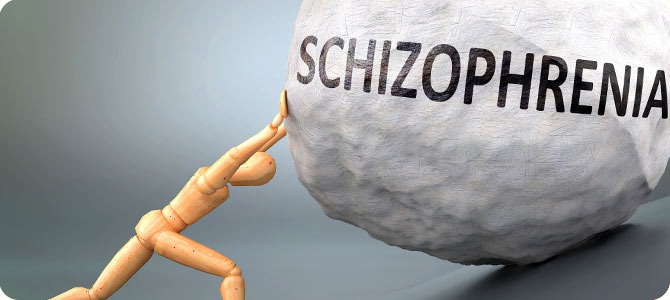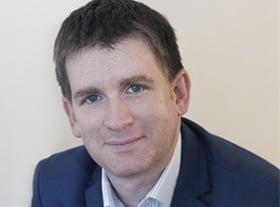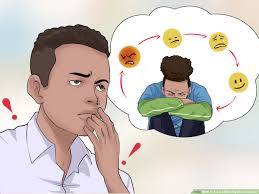Mon - Sat 8.00 - 18.00
Sunday CLOSED
Psychotic Disorders & Severe Mental Illness
Specialized evaluation and treatment for psychotic disorders and severe mental illness by our experienced psychiatrists.
Our Specialized Services
At Vista Behavioral Health, we provide expert evaluation and medication management for psychotic disorders and severe mental illness. Our compassionate team offers personalized treatment plans designed to help you manage symptoms, improve functioning, and enhance quality of life.
.






Schizophrenia
Schizophrenia is a complex brain disorder that affects how a person thinks, feels, and behaves. Our specialists provide comprehensive assessment and evidence-based treatment for individuals with schizophrenia.
Common Symptoms:
Hallucinations (hearing or seeing things that aren't there)
Delusions (false beliefs not based in reality)
Disorganized thinking and speech
Abnormal motor behavior or reduced emotional expression
Difficulty with concentration and memory
Our approach includes careful medication management, psychoeducation, and coordination with therapy services to help manage symptoms and improve daily functioning.
Schizoaffective Disorder
Schizoaffective disorder combines symptoms of schizophrenia with mood disorder symptoms. We provide specialized treatment to address both psychotic and mood components of this condition.
Common Symptoms:
Hallucinations or delusions
Disorganized thinking
Depressive episodes (low mood, hopelessness)
Manic episodes (elevated mood, increased energy)
Problems with functioning in daily life
We develop individualized treatment plans that may include antipsychotic medications, mood stabilizers, and antidepressants, along with therapy recommendations to address both psychotic and mood symptoms.
Delusional Disorder
Delusional disorder involves firmly held false beliefs (delusions) that persist despite evidence to the contrary. Our team provides specialized assessment and treatment for various types of delusional disorders.
Common Symptoms:
Non-bizarre delusions about situations that could occur in real life
Functioning not markedly impaired outside of delusional beliefs
Persistent delusions for at least one month
Various types: persecutory, jealous, grandiose, somatic, etc.
Absence of prominent hallucinations
Our approach includes careful medication selection, therapeutic engagement, and education to help patients manage delusions and improve their quality of life.
Services
Comprehensive mental health evaluation and treatment options.
Address 1
10630 Town Center Drive, Suite 110, Rancho Cucamonga CA91730
Tel numbers - (909)-919-7727 Fax numbers - (909)-919-2305
© 2025. All rights reserved.
Address 2
2380 N Sierra Way, San Bernardino Tel numbers - (909)-886-7475
Fax numbers - (909)-886-7305
EMAIL ADDRESS - Vistabehavior@outlook.com












